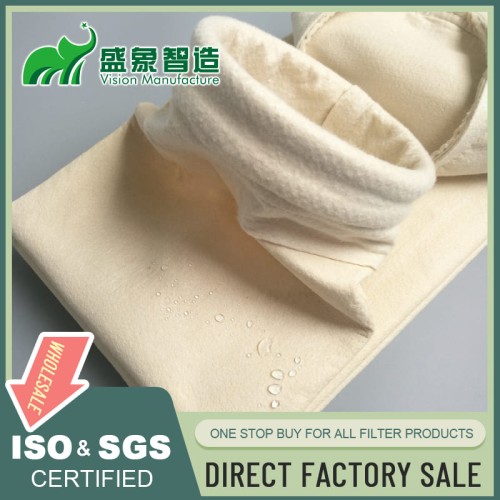
Understanding the Filtration Efficiency of PPS Dust Filter Bags
As a manufacturer of filter media in China, we understand the importance of filtration efficiency in industrial processes. Dust filter bags are a key component in ensuring that your processes run smoothly and efficiently. Understanding the filtration efficiency of these bags can help you choose the right product for your specific needs and ensure that your processes are operating at peak performance.
Filtration efficiency is the ability of a filter to remove contaminants from a fluid or gas stream. It is typically expressed as a percentage of the total number of particles removed from the stream. The higher the percentage, the more efficient the filter.
Dust filter bags are designed to capture and retain dust particles in industrial processes. They come in a variety of materials and designs to suit different applications. For example, polyester and polypropylene are commonly used for general purpose applications, while aramid and fiberglass are used for higher temperature and corrosive applications.
When choosing a dust filter bag, it is important to consider the particle size distribution of the dust in your process. Bag filters are classified based on their efficiency in removing particles of different sizes. For example, a filter with a rating of 5 microns will capture 95% of particles that are 5 microns or larger.
Other factors that can affect filtration efficiency include the air flow rate through the filter, the type of filter media, and the condition of the filter. It is important to ensure that the bag is properly installed and maintained to ensure maximum efficiency.
Using high-quality dust filter bags in your industrial processes can provide a number of benefits, including improved product quality, increased equipment lifespan, and reduced maintenance costs. By understanding the filtration efficiency of these bags and choosing the right product for your needs, you can ensure that your processes are running smoothly and efficiently.

